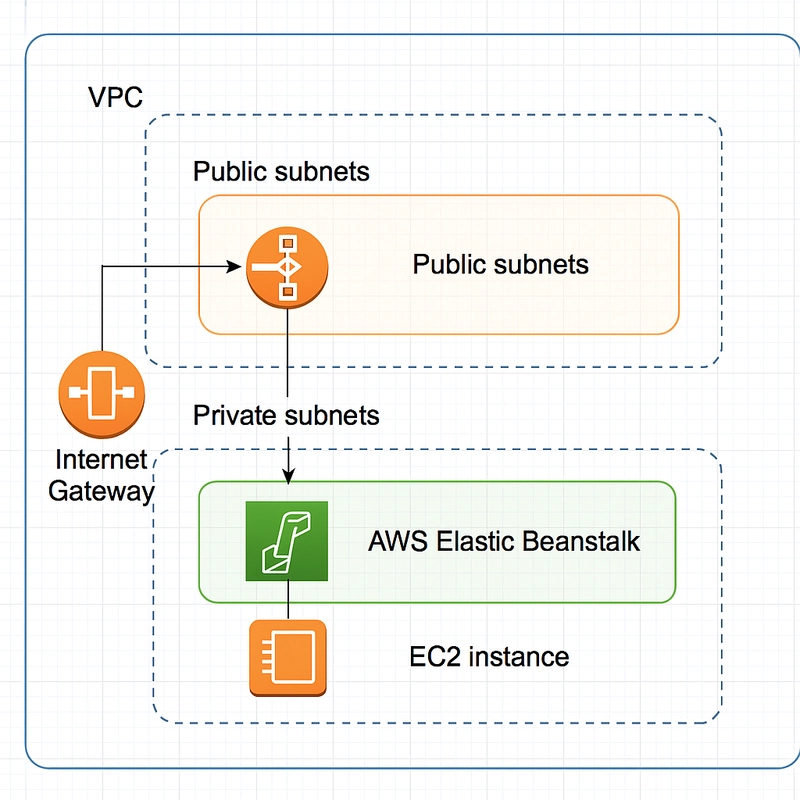The Rise of LLM-Powered Developer Tools: Evolution or Revolution?
If you've been writing code in the last year, you've undoubtedly encountered AI-powered coding assistants. From GitHub Copilot to Amazon CodeWhisperer, these tools have rapidly transformed from novelties to essential components of many developers' workflows. But are they fundamentally changing how we build software, or just speeding up existing processes? The Current Landscape The developer tools ecosystem has exploded with AI integrations: IDE Extensions: Nearly every major IDE now offers LLM integration, with features ranging from code completion to natural language-based refactoring CLI Tools: AI-powered command line tools can generate scripts, explain complex commands, and debug terminal errors Code Review: Automated tools that not only identify bugs but suggest architectural improvements Documentation: Systems that auto-generate documentation from code or create tutorials from natural language prompts Beyond Just Autocomplete What's interesting is how these tools are evolving beyond simple code completion: Context-Aware Development: Modern LLM tools understand your entire codebase, not just the current file, allowing for more intelligent suggestions Specialized Domain Knowledge: Tools trained on specific frameworks or domains provide expertise that would normally require years of experience Natural Language Interface: The ability to express programming intent in plain English reduces the cognitive load of remembering syntax The Productivity Paradox Many developers report significant productivity gains: 30-50% faster development time for routine tasks Reduced context switching when implementing standard patterns Faster onboarding to new codebases or frameworks But interestingly, the time saved isn't always spent shipping more features. Instead, developers report dedicating more effort to architecture design, testing, and improving code quality – potentially leading to more maintainable systems in the long term. The Learning Curve Question One persistent concern is how these tools affect learning. Does relying on AI assistance prevent developers from truly understanding the systems they build? The evidence so far is mixed. Junior developers leveraging these tools report being able to contribute to projects more quickly, but some experienced mentors worry about fundamental gaps in understanding. My hypothesis: we're heading toward a new kind of developer expertise – one less focused on memorizing APIs and more centered on system design, architectural understanding, and effectively collaborating with AI tools. What's Coming Next? The most exciting developments aren't just about better code completion, but about fundamentally different ways of building software: Agent-based development: Autonomous systems that can implement entire features based on requirements Continuous refactoring: Systems that constantly analyze and improve your codebase Knowledge graph integration: Tools that connect your code with documentation, bug reports, and domain knowledge Finding Balance As with any technological shift, the key is finding balance. The most effective developers are learning to: Use AI tools to handle repetitive tasks and boilerplate Maintain critical thinking about architecture and design decisions Verify and understand generated code before integrating it Focus more energy on the uniquely human aspects of development: understanding user needs, team collaboration, and creative problem-solving Your Experience? Are you using AI-powered developer tools? How have they changed your workflow? I'd love to hear about your experiences in the comments! This post represents my personal views and experiences with LLM-powered developer tools. I'm particularly interested in hearing perspectives from developers working in different domains and with different experience levels.

If you've been writing code in the last year, you've undoubtedly encountered AI-powered coding assistants. From GitHub Copilot to Amazon CodeWhisperer, these tools have rapidly transformed from novelties to essential components of many developers' workflows. But are they fundamentally changing how we build software, or just speeding up existing processes?
The Current Landscape
The developer tools ecosystem has exploded with AI integrations:
IDE Extensions: Nearly every major IDE now offers LLM integration, with features ranging from code completion to natural language-based refactoring
CLI Tools: AI-powered command line tools can generate scripts, explain complex commands, and debug terminal errors
Code Review: Automated tools that not only identify bugs but suggest architectural improvements
Documentation: Systems that auto-generate documentation from code or create tutorials from natural language prompts
Beyond Just Autocomplete
What's interesting is how these tools are evolving beyond simple code completion:
- Context-Aware Development: Modern LLM tools understand your entire codebase, not just the current file, allowing for more intelligent suggestions
- Specialized Domain Knowledge: Tools trained on specific frameworks or domains provide expertise that would normally require years of experience
- Natural Language Interface: The ability to express programming intent in plain English reduces the cognitive load of remembering syntax
The Productivity Paradox
Many developers report significant productivity gains:
- 30-50% faster development time for routine tasks
- Reduced context switching when implementing standard patterns
- Faster onboarding to new codebases or frameworks
But interestingly, the time saved isn't always spent shipping more features. Instead, developers report dedicating more effort to architecture design, testing, and improving code quality – potentially leading to more maintainable systems in the long term.
The Learning Curve Question
One persistent concern is how these tools affect learning. Does relying on AI assistance prevent developers from truly understanding the systems they build?
The evidence so far is mixed. Junior developers leveraging these tools report being able to contribute to projects more quickly, but some experienced mentors worry about fundamental gaps in understanding.
My hypothesis: we're heading toward a new kind of developer expertise – one less focused on memorizing APIs and more centered on system design, architectural understanding, and effectively collaborating with AI tools.
What's Coming Next?
The most exciting developments aren't just about better code completion, but about fundamentally different ways of building software:
- Agent-based development: Autonomous systems that can implement entire features based on requirements
- Continuous refactoring: Systems that constantly analyze and improve your codebase
- Knowledge graph integration: Tools that connect your code with documentation, bug reports, and domain knowledge
Finding Balance
As with any technological shift, the key is finding balance. The most effective developers are learning to:
Use AI tools to handle repetitive tasks and boilerplate
Maintain critical thinking about architecture and design decisions
Verify and understand generated code before integrating it
Focus more energy on the uniquely human aspects of development: understanding user needs, team collaboration, and creative problem-solving
Your Experience?
Are you using AI-powered developer tools? How have they changed your workflow? I'd love to hear about your experiences in the comments!
This post represents my personal views and experiences with LLM-powered developer tools. I'm particularly interested in hearing perspectives from developers working in different domains and with different experience levels.











































































































































































![[The AI Show Episode 142]: ChatGPT’s New Image Generator, Studio Ghibli Craze and Backlash, Gemini 2.5, OpenAI Academy, 4o Updates, Vibe Marketing & xAI Acquires X](https://www.marketingaiinstitute.com/hubfs/ep%20142%20cover.png)




























































































































![[DEALS] The Premium Learn to Code Certification Bundle (97% off) & Other Deals Up To 98% Off – Offers End Soon!](https://www.javacodegeeks.com/wp-content/uploads/2012/12/jcg-logo.jpg)


![From drop-out to software architect with Jason Lengstorf [Podcast #167]](https://cdn.hashnode.com/res/hashnode/image/upload/v1743796461357/f3d19cd7-e6f5-4d7c-8bfc-eb974bc8da68.png?#)








































































































.png?#)

































_Christophe_Coat_Alamy.jpg?#)
 (1).webp?#)





































































































![Apple Considers Delaying Smart Home Hub Until 2026 [Gurman]](https://www.iclarified.com/images/news/96946/96946/96946-640.jpg)
![iPhone 17 Pro Won't Feature Two-Toned Back [Gurman]](https://www.iclarified.com/images/news/96944/96944/96944-640.jpg)
![Tariffs Threaten Apple's $999 iPhone Price Point in the U.S. [Gurman]](https://www.iclarified.com/images/news/96943/96943/96943-640.jpg)




































































































































